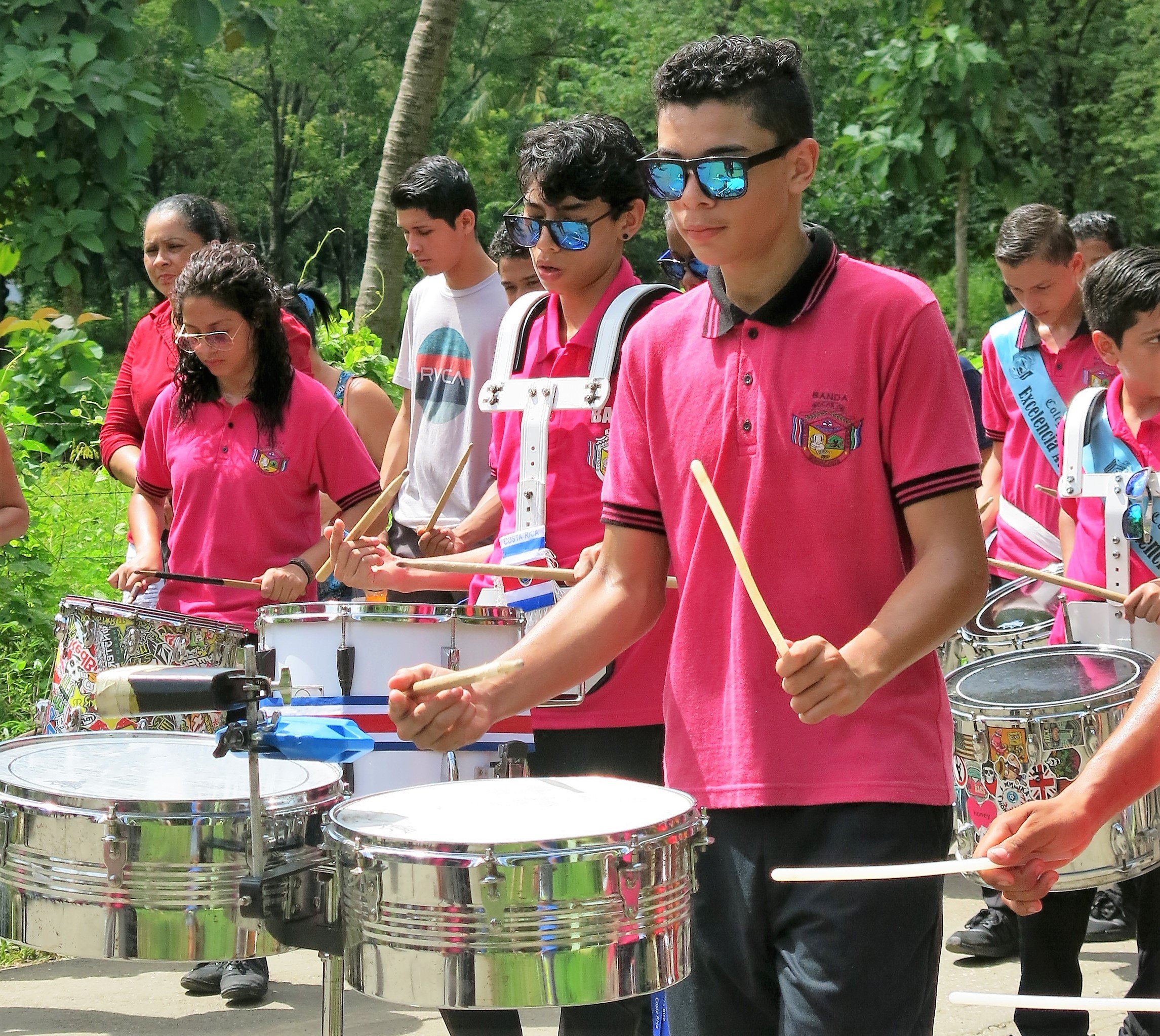A Census for Nosara
Nosara's Transformation: Unveiling a Brighter Future
Since the 2011 Census, Nosara has experienced remarkable growth and structural evolution. With a burgeoning population and a shifting town landscape, the call for an updated census was a pivotal milestone. While government approval has been secured, the challenge now lies in obtaining essential funding - a task yet to be accomplished.
The potential held by this census initiative is immense. It promises to reveal invaluable insights into Nosara's current population dynamics, the roles played by NGOs, the requisite governmental interventions based on identified needs, and effective strategies for sustainable resource management.
Beyond the statistics, this initiative offers a unique opportunity to delve into the community's aspirations. By engaging a diverse demographic - comprising new and long-standing residents, immigrants, and local inhabitants - we aim to foster unity and inclusivity. This comprehensive approach seeks to pave the way for a harmonious future, fueling initiatives at our community center and ensuring enrichment for all members, especially our children.
As Nosara stands on the brink of change, this census is not merely a data-gathering exercise but a catalyst for progress and prosperity. It symbolizes our commitment to growth, unity, and a shared vision for a vibrant future.
This project will be held in coordination with ADC Alianza para el Desarrollo Comunitario www.desarrollocomunitario.org
Water for the Future
Do we have enough water for the current and future population in Nosara for the next 20 years? Without water, a community cannot survive, and only a few people will be able to have access to this resource at home if it is not sufficient for everyone in the future. Nosara has six Water Boards (ASADAs) that work with limited resources and need up-to-date scientific information to estimate their work plans.
Increasing Water Needs
Santa Marta, a quiet neighborhood in Nosara, is now facing a huge challenge. In five years, they had an increase of 270% in the number of homes connected to the water services. More and more high-end housing projects with pools, and at the same time, many people there are living in poverty and extreme poverty, with numerous families that need water to cover their basic needs.

The Rising Cost of Living in Nosara
Basic food items in Nosara cost 102% more in Nosara than in San José.
Cost of Living
A cost of living that continues to increase at an accelerated pace is a force that pushes local populations and their culture to areas increasingly further away from Nosara. These populations are being replaced by labor from other areas without local cultural roots, and Nosara families are tempted to sell their land and emigrate. On average, two families sell their properties each week to move to more affordable places with better conditions.
The income per hour of labor does not match this increasing cost of living, and it became the main reason to move out of the community. The Cost of Living pushes the relative poverty line up, and the middle class down.
Same products cost much more in Nosara
In 2022, there was a 20% increase in the number of students who registered in the public high school.
Education and Health
The most essential public services are based on the population living in an area, not on the amount of taxes or income that area generates. Therefore, a low official population count results in few teachers, few classrooms, limited medical care, and a health center that cannot cope with the demand for care. Solutions, when they come, are aimed at fixing problems identified more than two years ago, rather than planning 5, 10, and 20 years ahead for the demands of services and resources to meet the population and its composition.


